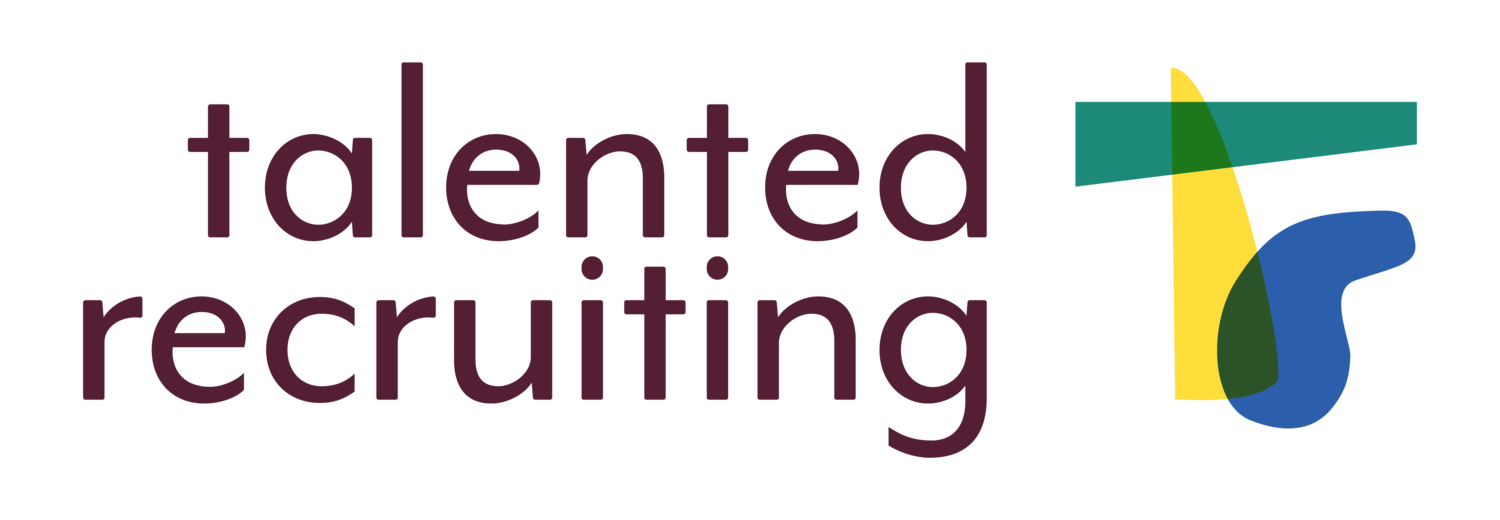Laszlo Bock, former head of People Operations at Google, has been named Human Resources Executive of the Year by Human Resources Executive magazine and cultivated an atmosphere within the tech giant that got it named best company to work for and employer of choice many times worldwide. In his book Work Rules, he discusses how the company grew into the world leader of its field and argued that economics was not its development’s primary driver.
Bock’s account turns on its head the traditional top-down business model of financial incentive which employers use as their standard fare to mobilize and motivate employees in pursuit of corporate goals. While the market is flooded with tomes on Silicon Valley management methods, Work Rules stands out in the field because it offers internal views into the operations and processes behind the iconic organization’s HR efforts and policy development, with take-away guidance to apply the concepts to the HR functions of any company large or small, tech or non-tech.
One of the best books I've ever read in the subgenre of people management and Human Resources organization, it's filled with anecdotes about life at Google but that's not all - I closed the book in the end with a deeper understanding of performance management, what drives people and brings results, and how to be data-driven in my HR approaches. What stood out to me was the argument to be shaped by data and numbers without letting that shape experiences with each individual - bell curves are for groups but not for each person in the group.
Also helpful to me personally was the insight about constant feedback; as an employer my view of feedback is a bit different than that of the employee, but as a business owner I actually find myself in both roles. The employer becomes rushed and doesn't always have time to discuss concerns, so situations become quietly monitored until they blow up - if feedback isn't controlled. What causes much less time waste and helps quality control of work product is to keep the feedback flowing regardless of how time-pressed one is. Without that communication, work redos and overstressed confrontations lead to avoidable chaos. Google doesn't have time for that, and neither does your company with under ten staffers. More importantly than your company overall, if we’re being honest, your staff doesn't deserve that.
Work Rules is a manual on leadership above all else and guides HR executives to cultivate healthy and successful work cultures from within an organization - how to hire the best from the beginning and how to keep them productive and satisfied with their position. If you feel overwhelmed hiring a couple of people a few times a year, imagine how Google does it, hiring thousands a year and likely mining those candidates from many more. Google pioneers HR while many other companies stick with toxic formulas that being in subpar candidates and manage them into being even less so.
As head of HR at Google, Bock brazenly brought in unconventional recruiting concepts that built the team into one of the most impressive on the planet. Success isn't from a resume - the resume just tells you how to get in touch with someone interested in the work. Instead, the best candidates should be given a (compensated) work test. See the candidate in the work environment - keeping in mind of course they don't know what you're looking for, so don't rule out a candidate that misses the mark a bit. Go for work quality, creativity, and timeliness.
It's not the only great place to walk into work every day and the approach can be replicated. Here's a very quick overview as to how:
Set goals. We talk about that a lot at Talented Recruiting (here, and here, and here for starters). To properly develop and monitor them, rate performances using calibrations that disconnect rewards from development.
Give people more freedom than you're comfortable with - if YOU are comfortable, you need to go further. This is actually my favorite piece of advice from the book. I've learned to set my staff free and monitor at a distance, jump in where I need to, quickly and quietly see my way back out, and let them develop their talents on their own.
Hire the best. Hire better than you. Managers don't make the decisions alone - they are sometimes too close to see what they really need to strengthen the team and may make hiring decisions using flawed criteria. It's a group effort.
Be open. Be transparent. Seek feedback.
Don't trust your gut. Your gut is often wrong and even healthy ones are parasitic. Use data.
Bock’s Work Rules is an innovative work that not only opens up ideas for the recruitment and hiring process, but helps companies both small and large transform their work atmosphere to increase production and satisfaction while reducing toxicity and wastefulness. Whether a garage start-up or a corporate giant, HR people need to read this book and get started implementing the guidance to transform their workplace.

